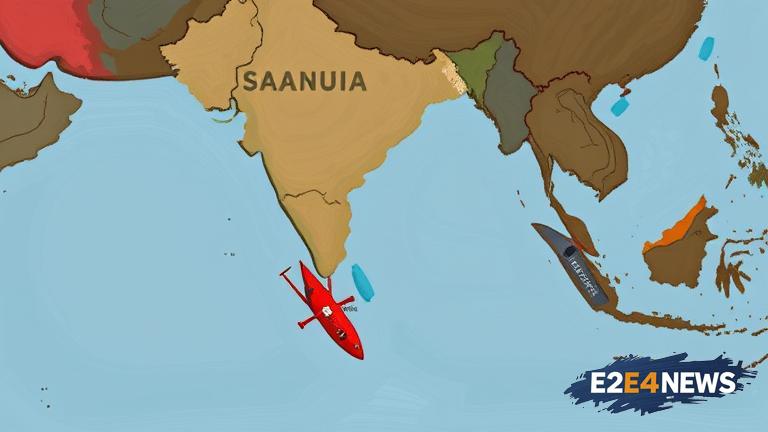Bangladesh has been one of the largest labor-sending countries in the world, with millions of its citizens working abroad, particularly in the Gulf and Southeast Asia. However, in recent years, Bangladeshis have been facing increasing visa denials in these regions, affecting their migration and livelihood. The reasons behind these denials are complex and multifaceted, involving factors such as changing labor market demands, stricter immigration policies, and concerns over human trafficking and exploitation. Many Bangladeshis have been traveling to countries such as Saudi Arabia, the United Arab Emirates, and Malaysia for work, but are now being turned back due to visa issues. The Bangladeshi government has been trying to address the issue, but the problem persists. The visa denials have not only affected the migrants themselves but also their families, who rely on the remittances sent back home. The remittances from migrant workers are a significant contributor to Bangladesh’s economy, and the decline in migration is likely to have a negative impact on the country’s economic growth. The Gulf countries, in particular, have been tightening their immigration policies, making it harder for Bangladeshis to obtain visas. The UAE, for example, has introduced a new visa system that requires applicants to have a minimum salary of 10,000 dirhams (approximately $2,700) per month. Similarly, Saudi Arabia has also introduced stricter visa requirements, including a minimum salary of 3,000 riyals (approximately $800) per month. The Southeast Asian countries, such as Malaysia, have also been cracking down on illegal migration, which has resulted in a decrease in the number of visas issued to Bangladeshis. The Bangladeshi government has been trying to negotiate with these countries to ease the visa restrictions, but so far, the efforts have been unsuccessful. The visa denials have also raised concerns over the welfare of the migrants, who are often forced to travel to these countries through irregular channels, making them vulnerable to exploitation and abuse. The International Organization for Migration (IOM) has warned that the visa denials could lead to an increase in human trafficking and smuggling, as desperate migrants turn to irregular channels to reach their destinations. The Bangladeshi government has been working with the IOM and other international organizations to address the issue and protect the rights of its citizens. However, the problem is complex and requires a comprehensive solution that involves not only the government but also the private sector and civil society. The visa denials have also highlighted the need for Bangladesh to diversify its labor market and reduce its dependence on a few countries for migrant workers. The government has been trying to promote migration to other countries, such as Japan and South Korea, but so far, the efforts have been limited. Overall, the visa denials faced by Bangladeshis in the Gulf and Southeast Asia are a complex issue that requires a comprehensive solution to protect the rights and livelihoods of the migrants and their families.
